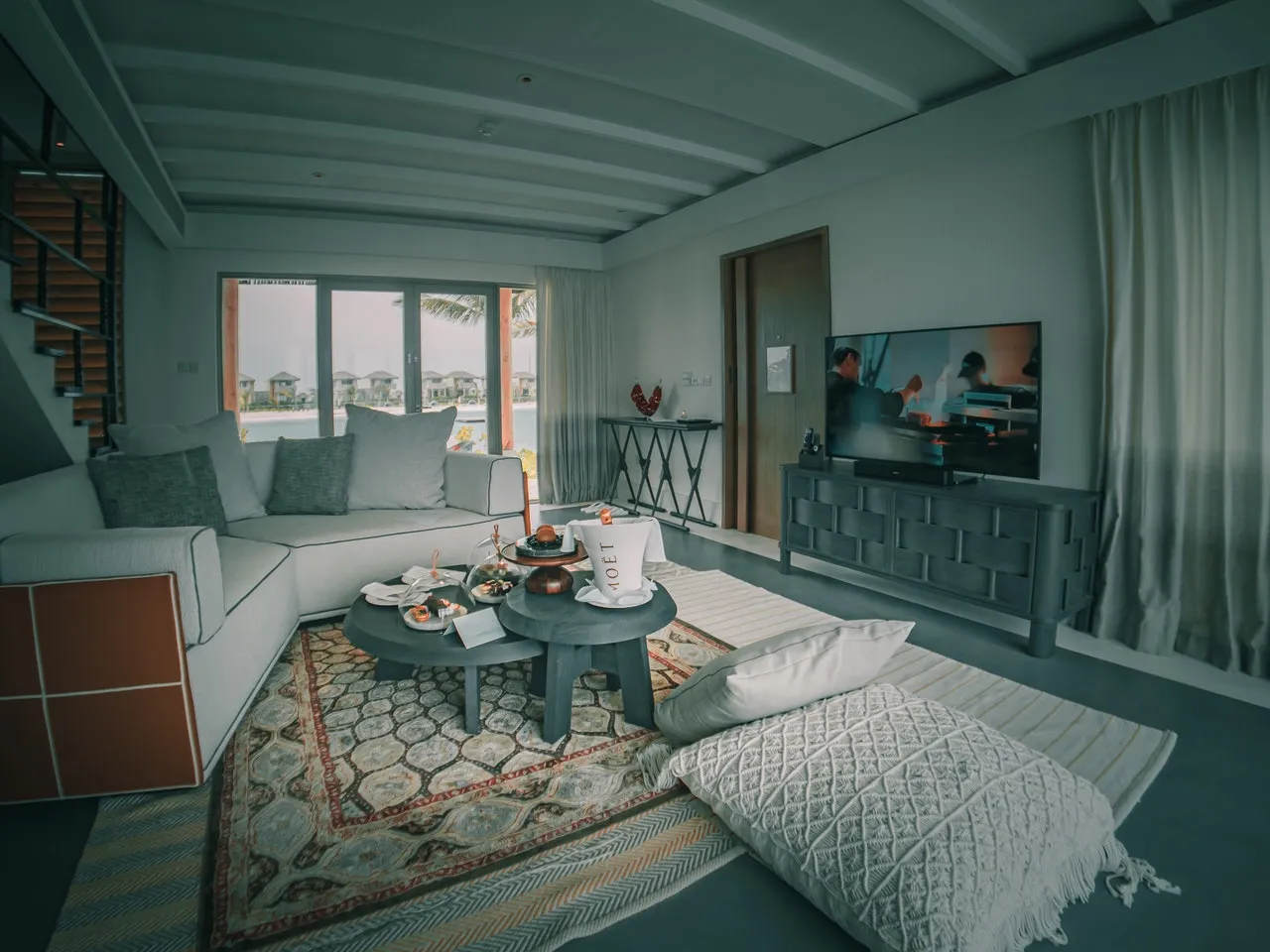The real estate industry is in an interesting position right now. Somehow, despite the ever-increasing home prices and the pandemic putting many businesses on hold due to lockdown, people’s growing savings and a strengthening job market continue to make home ownership an appealing goal.
While the middle quarter of 2020 showed a drop in real estate activity, it quickly returned, even exceeding the action it saw before. People have realized that now is the best time to buy real estate, especially if they’re looking to move out from the city.
But with all the excitement and rush to buy a new property, many things need to be considered first. It’s a significant financial commitment, and many people aren’t ready for all of the responsibility it brings. Below are a few things you need to know about when becoming a property owner.
Don’t Forget to Pay Property Taxes
Before purchasing your new house, it’s crucial that you are aware of property taxes. Your property tax is how local governments can afford to fix potholes or damaged public property. Everyone who owns property needs to pay property tax, including landlords and homeowners. It’s calculated by taking your property’s assessed value and multiplying it by your local government’s tax rate.
Keep in mind that our home’s assessed value is not the same as its selling price; you need to have a local government assessor set the property’s assessed value. Your property tax is often billed every year. Still, thankfully, most mortgage lenders include property tax along with principal, interest, and homeowner’s insurance, which brings us to the next point.
Always Keep Up Your Mortgage Payments
If you fail to meet your monthly payments, you have around 90 days to ensure you can cover it. Failing to meet payments can result in foreclosure, so always be on top of your mortgage payments. Of course, constantly meeting mortgage payments is easier said than done, but it’s necessary to make sure the property is yours.
A rule of thumb when it comes to mortgages is to limit your monthly payment to no more than 25% of your income. Managing finances can be a challenge, especially if you have plenty of bills to pay, and having a mortgage loan that takes up more than 25% of your take-home pay can set you back.
Before you lock on to a property, make sure that you can afford the monthly payments. Alternatively, you can also opt to put a bigger down payment to try to offset monthly fees. It’s not exactly feasible for everyone, but if you’re in a position to do so, consider it as it can alleviate monthly expenses.

Always Get Your Property Insured
Just like your car, your house and its contents need to be protected too. Even if you choose a property that’s in a reasonably safe neighbourhood, there is still no telling how unforeseen circumstances can negatively affect you at a later time. It pays to be prepared and in this case, make sure you are paying for the correct type of insurance for your home as there are different kinds.
You’ll be surprised by how many people claim insurance for their property every year. One in ten homeowners experiences some emergency or damage that requires redeeming their insurance. However, just as it’s vital to get your property insured, it’s also essential to read the fine print of your insurance to make sure what’s under it.
Prioritize Upkeep and Maintenance
Compare two properties both engulfed in fire. One is caught in a wildfire, while a faulty dryer vent causes the other. Assuming both homeowners have insurance, only the first house can have a chance of claiming theirs. For the latter, it’s apparent that it’s a case of neglect on the homeowner’s part, which is something most -if not all, insurance policies don’t cover.
Maintenance does mean making a house liveable not only to one’s standards but also for the safety of the people living (and visiting) the property. Check your local laws, and you’ll find out that maintenance is mandated. This is why it’s essential to know which parts of your house you have to regularly have cleaned and checked. Cleaning your ventilation ducts and checking electrical installation and gas safety are some examples.
There’s no denying that looking for your first home can be exciting. There are many points to consider, like the size of the backyard, the number of rooms you need, and the property’s overall design. But apart from these factors, don’t forget that home ownership has its own responsibilities.


